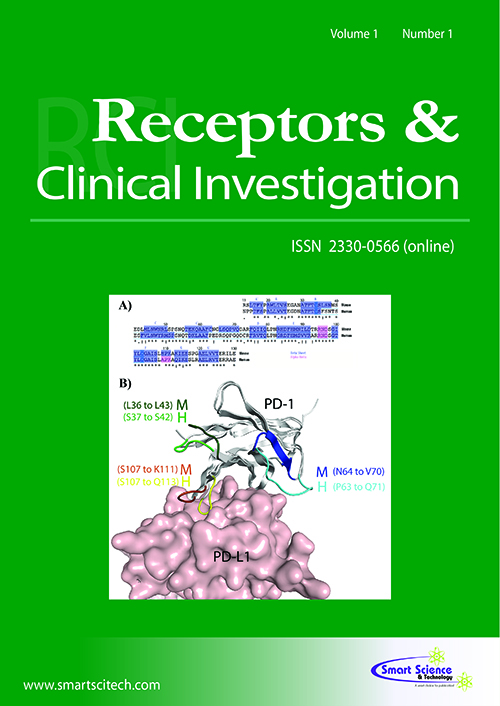Associations of sorLA/SORL1 with Alzheimer's disease
Abstract
In recent years Alzheimer’s disease (AD) has emerged as a research priority mainly due to an impressive increase in the average life expectancy in humans, which is associated with debilitating neurodegenerative disorders. The cardinal feature of the disease is accumulation of the amyloid-? peptide, which is derived from the sequential proteolytic cleavage of the amyloid precursor protein (APP). SorLA (sorting protein-related receptor with A-type repeats) is a member of the VPS10p-domain receptor gene family and identified as a significant sorting receptor that controls the processing and trafficking of APP. This review systematically discusses information on sorLA associations with AD including the mechanisms that regulate sorLA activity. We also describe how advances in understanding the mechanisms by which sorLA can reduce the amyloidogenic pathway may open for novel therapeutic strategies in tackling this devastating disorder.











